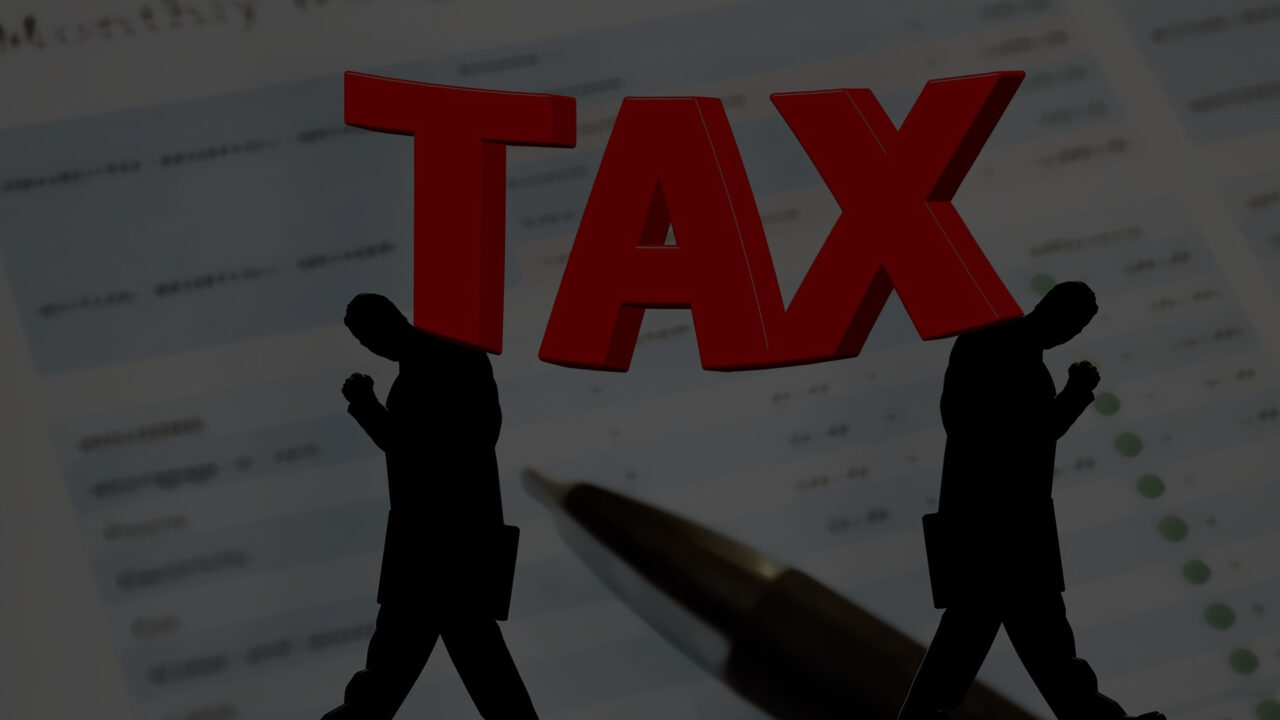CFCCIT Lawdebt financing costshaven transactionsPSHWHTThe Polish Deal 2.0: Amendment of corporate income tax
A draft amendment to the CIT Law has recently been published, which is a modification of the regulations which became effective in January 2022. Below we present the most important aspects of the planned changes to the Polish Deal.



